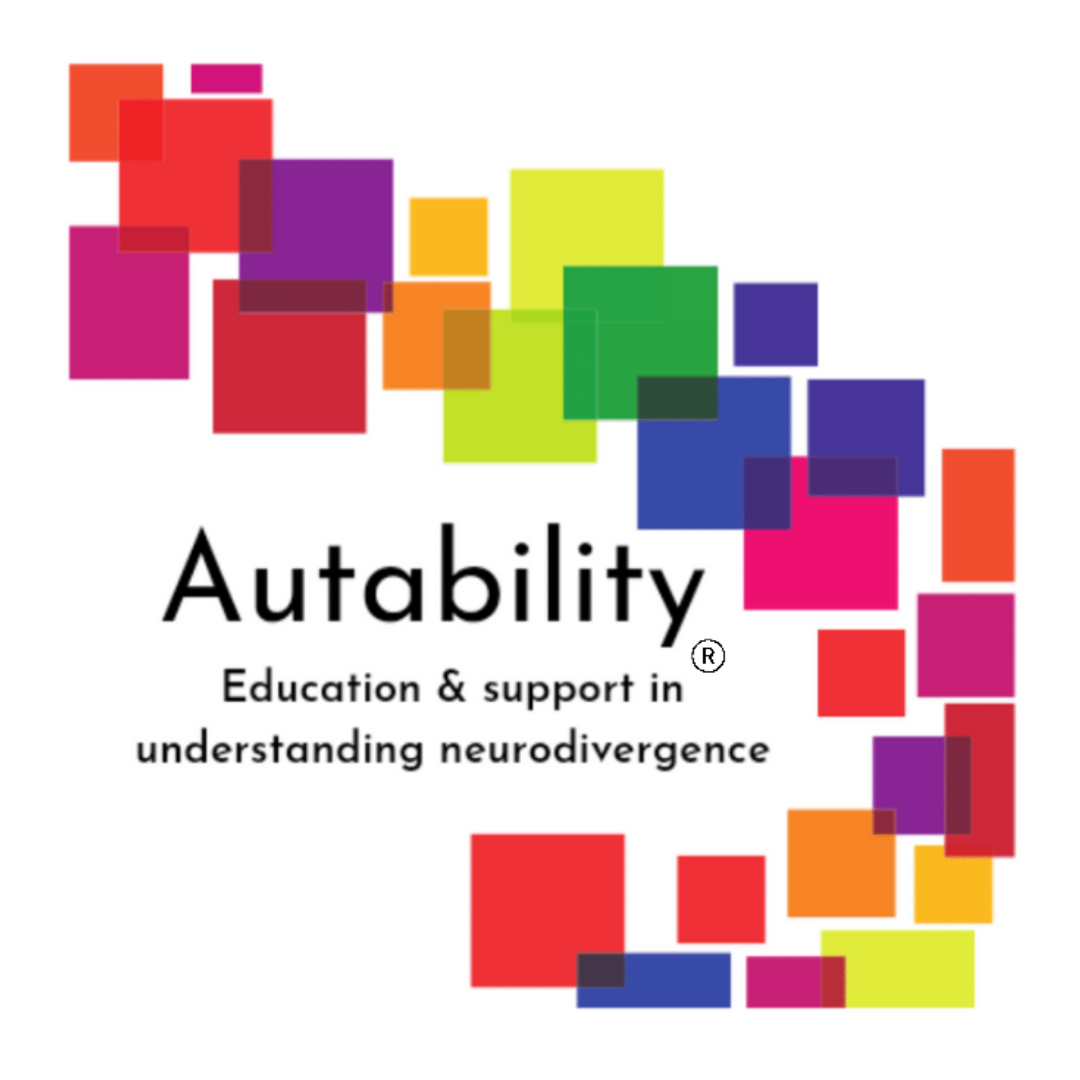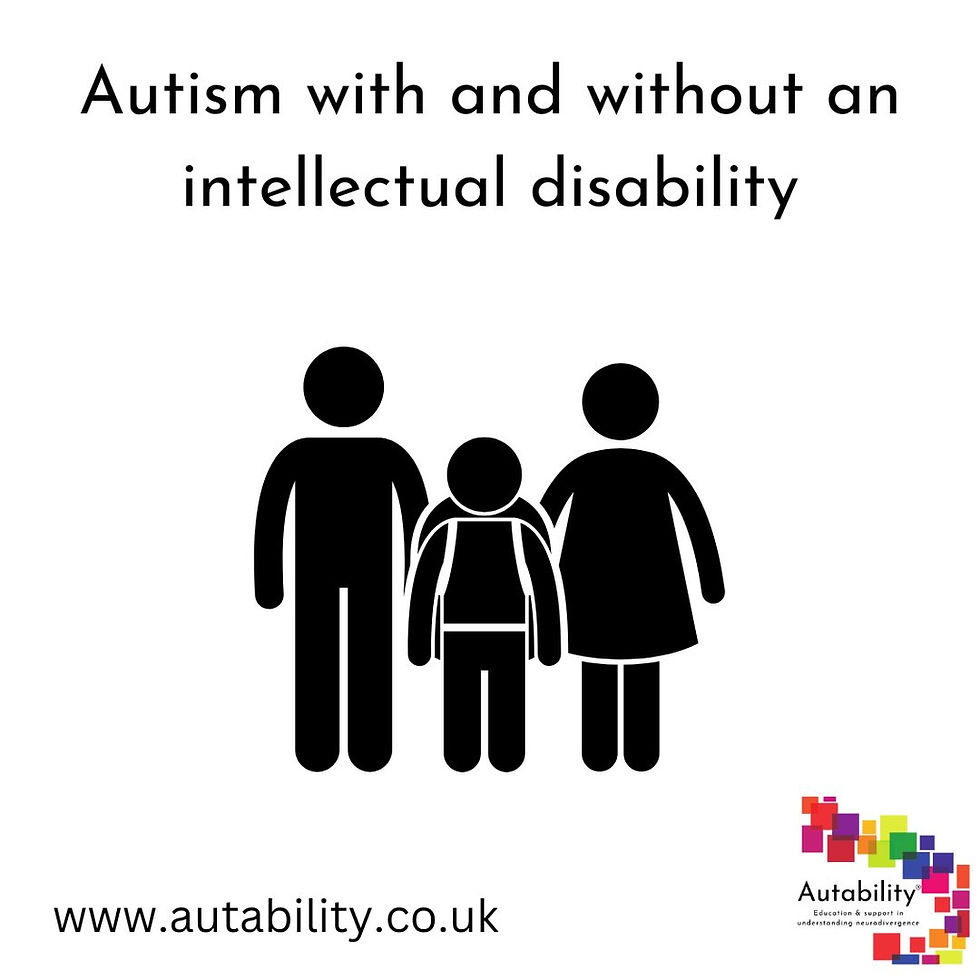Why an autism diagnosis still matters, even when the system is overwhelmed
- Autability

- May 5, 2025
- 2 min read
Families often ask whether there is still any point in pursuing an autism diagnosis. With assessment waiting times stretching on for months or even years, and with no medical "cure" for autism, it’s understandable to question whether the process is worth it.
But for many young people, especially older children and teenagers, receiving a formal diagnosis can be life-changing.
Many autistic young people have felt different for years without having the language to explain why. They may struggle with social expectations, become overwhelmed in busy environments, or find it difficult to organise tasks and follow routines.
An autism diagnosis gives a framework for understanding these experiences. Instead of seeing themselves as lazy, difficult or broken, young people can begin to see the pattern and recognise that they are not alone.
This shift in understanding often brings relief. With a diagnosis, young people can begin to make sense of their behaviour, their reactions, and the ways they cope. They are often able to show themselves more kindness, and to explore their identity with more confidence.
Some young people describe the diagnosis as a turning point, a moment that allowed them to stop masking, stop blaming themselves, and start building a life that suits them.
A diagnosis can also open doors to community. Online forums, support groups, and local meet-ups can provide opportunities for young people to hear from others who have similar experiences. This connection helps reduce feelings of isolation and can be a valuable source of support.
In practical terms, a diagnosis is often required to access the right support. This can include school-based accommodations, reasonable adjustments in exams, mental health services, and advocacy.
These adjustments are not about giving unfair advantage. They are about creating a fairer playing field, one where autistic children and teenagers can succeed without burning out.
It is important to recognise that not every young person wants or needs an assessment. Some people prefer not to be diagnosed, and others find the diagnosis unhelpful or stigmatising. This perspective is equally valid.
For those who do want to know, though, a diagnosis can be the start of something very important: clarity, connection, and the right kind of support.
It is not about changing who a person is. It is about recognising their needs, helping them understand themselves, and supporting them to thrive in their own way.

.png)


Comments